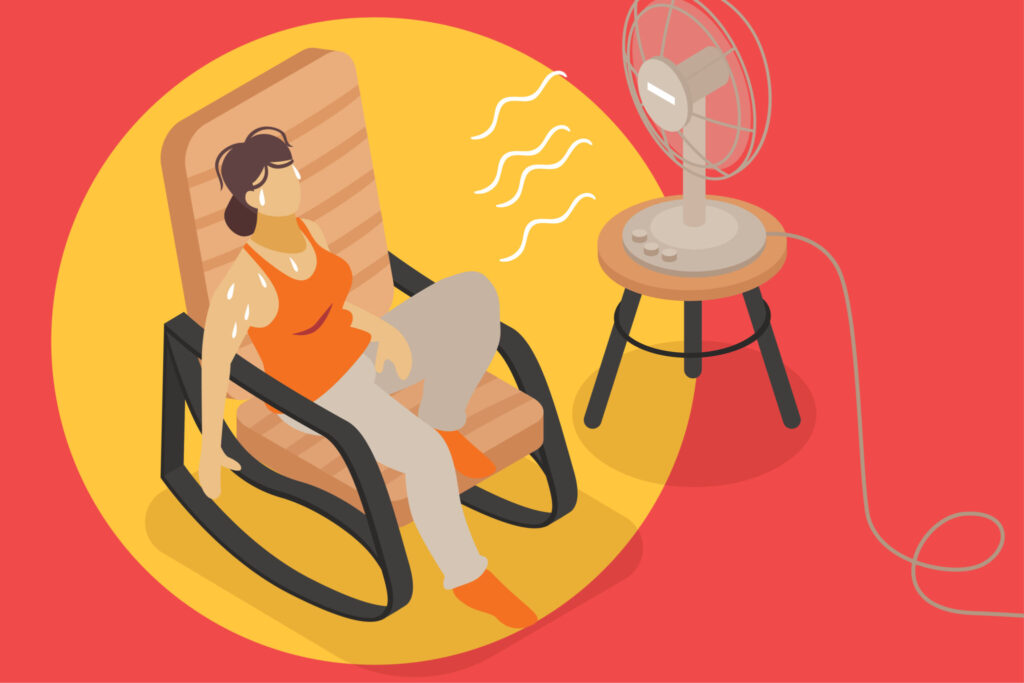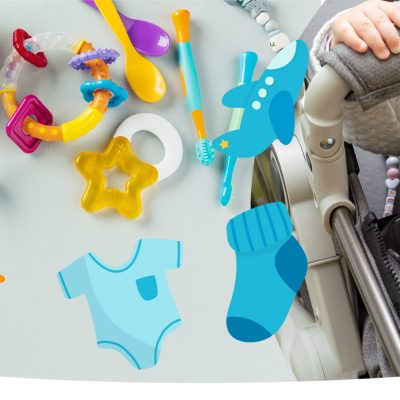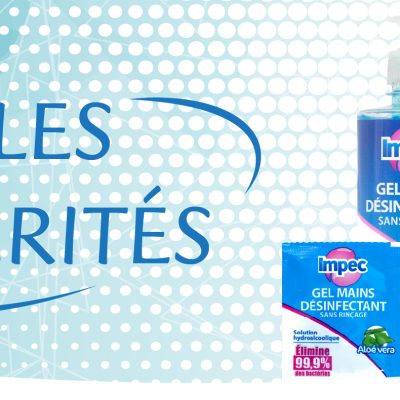The last 3 months of the year experience increased heat, not only because of the climate itself, but also because of pollution caused by bush fires. Temperatures reach their peak, and our bodies lose lots of water through sweat every day. Carrying out daily activities in these conditions requires a great deal of effort.
To stay fit and dynamic in hot weather, it’s important to adopt a few good habits.
Here are our tips for coping with the heat as effectively as possible.

Create a cool zone inside the house
The first thing you need to do to cope with the heat at home is to ventilate, to create a cool zone. Open the windows at the first light of dawn, when the sun isn’t yet shining too brightly. For example, you can air the inside of the house while you’re getting ready for work.
Then close all the shutters for the rest of the day to keep the heat out. When you return, you’ll find that the house is cooler than outside, and you’ll be able to rest comfortably.
Don’t hesitate to spray a little essential oil purifier in the house before closing the shutters in the morning. This way, you’ll breathe fresh, healthy air when you return home.
If you’re staying at home during the day and can’t keep the shutters closed, a little trick is to hang a wet towel over the window to bring coolness indoors. It’s also an effective alternative to a fan if you don’t have one.
Stay hydrated and eat light
Health experts recommend drinking at least 1.5 liters of water a day to stay healthy. This advice is even more relevant in hot weather, as our bodies lose a lot of water throughout the day and even at night. If you don’t suffer from kidney problems, you can even increase your intake to 2 liters of water a day.
Avoid tea, coffee, energy drinks and especially alcohol, as they don’t quench thirst. On the contrary, they increase the body’s dehydration. As for water, it’s better to drink it cool rather than iced, as the body warms up to maintain a body temperature of 37°C.
It’s also a good idea to watch your diet, and in particular to avoid overly hearty dishes, as they are heavy to digest and a source of discomfort. It’s best to eat water-rich foods such as cucumbers, melons and tomatoes.
Stop wasting energy
The body exerts more effort when it’s hot, because it has to maintain a body temperature of 37° Celsius. So it’s important to avoid overexerting yourself by playing sports during the day, or engaging in any other unnecessary physical activity. If you can’t do without physical activity, do it in the evening, when it’s cooler. The rest of the time, try to relax as much as possible and avoid getting out of breath unnecessarily.
A lukewarm shower is a must
If you’re used to taking hot showers, now’s the time to change. Instead, opt for a lukewarm shower close to body temperature, as it will be more refreshing.
Similarly, avoid freezing showers, as your body will immediately seek to warm up, and that’s not the point.
Finally, take a lukewarm shower before going to bed, and don’t dry off completely before slipping under the sheets. You’ll feel more at ease when you go to sleep.
No laptop in bed
Sometimes it’s nice to relax in front of a good movie before going to sleep, but this habit isn’t very healthy. Not only does it send a contradictory message to your brain, which is trying to stay awake, but it also makes you feel even hotter. After all, electrical appliances produce heat!
That’s why it’s a good idea to leave your laptop or tablet behind and pick up a book instead.
As a general rule, it’s a good idea to unplug all electrical appliances when they’re not in use, as they continue to produce heat, even in standby mode. This will also save you money on your JIRAMA bill!

Put green plants indoors
Green plants offer the benefit of replacing the air conditioner when fully leafed out. Plants regulate indoor temperature by filtering the sun’s rays, thus cooling the ambient air. As a result, the air in your home becomes more breathable. To make the most of their benefits, hang them in your windows.





